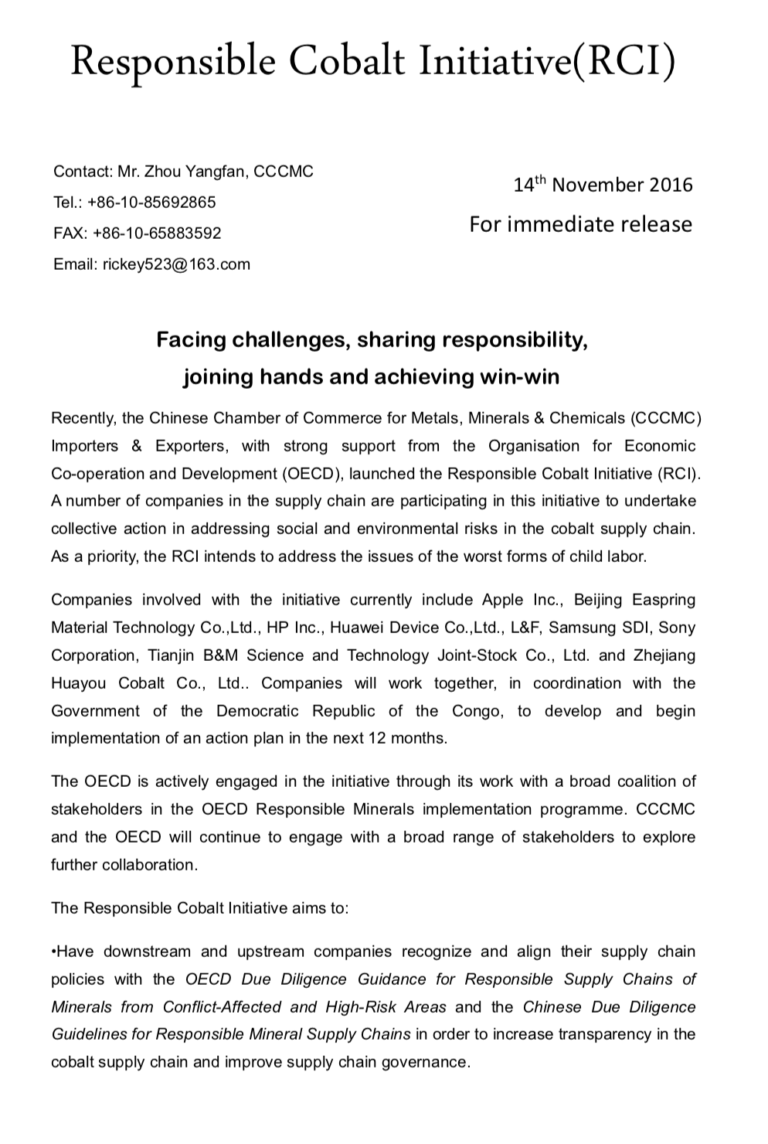The Climate Change–Human Trafficking Nexus
Good PracticesPublicationsClimate change increases the risk of natural disasters and places a strain on livelihoods. This may contribute to high-risk behaviours and other negative coping strategies among affected populations, such as resorting to unscrupulous recruitment age...Read More

